There’s No Saint Without a Past, No Sinner Without a Future
Jesus, ‘the Good Doctor,’ wants to heal and nourish us.
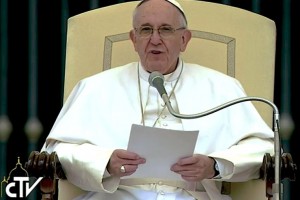
During his catechesis, the Pope reflected on how Matthew who was a corrupt tax collector was welcomed by Jesus and became a saint.
“It is true that being Christians does not make us sinless,” the Pope acknowledged, saying that like Matthew, each one of us is to entrust ourselves to the Lord’s grace, despite our sins.”
“We are all sinners; we have all sinned. By calling Matthew, Jesus shows sinners that He does not look at their past, at their social condition, at external conventions, but rather opens a new future to them.”
No Sinner Without Future, Nor Saint Without a Past
“Once I heard a good saying: ‘There is no saint without a past and there is no sinner without a future.’ This is what Jesus does,” the Pope said, noting, “There is no saint without a past or sinner without a future.”
Suffice it to respond to the invitation with a humble and sincere heart. The Church is not a community of the perfect, but of disciples on the way, who follow the Lord because they recognize themselves sinners and in need of His forgiveness.
Therefore, the Christian life is a school of humility that is open to grace.
Warning of ‘Walls’
The Holy Father warned against arrogance and pride which prevent people from recognizing themselves in need of salvation and rather impede seeing the merciful face of God and of acting with mercy.
“They are a wall,” Francis said. “Arrogance and pride are a wall, which impedes a relationship with God. Yet, Jesus’ mission is precisely this: to come in search of each one of us, to heal our wounds and call us to follow Him with love.”
Needing a Physician
Jesus said, the Pope recalled, “’Those who are well have no need of a physician, but those who are sick’ (v. 12).
“Jesus presents Himself as a good doctor!” the Pope said, noting He heals illness, frees from fear, death, and the devil.
“Before Jesus, no sinner is excluded — no sinner is excluded! — because God’s healing power knows not infirmities that cannot be cured; and this must give us confidence and open our heart to the Lord so that He will come and heal us.”
His ‘Medicines’
The Pope said we are ‘to sit at the table with Jesus,’ which means being transformed and saved by Him.
Jesus’ table, the Jesuit Pope highlighted, is twofold in the Christian community: there is the table of the Word and there is the table of the Eucharist (cf. Dei Verbum, 21).
“These are the medicines with which the Divine Doctor heals and nourishes us,” the Pope said.
Sometimes this Word is painful, he acknowledged, because “it cuts into hypocrisies, unmasks false excuses, exposes the hidden truth but, at the same time, it illumines and purifies, gives strength and hope, is a precious re-constituent of our journey of faith.”
The Eucharist, he reflected, “nourishes us with the very life of Jesus and, as a very powerful medicine continually renews the grace of our Baptism in a mysterious way. By approaching the Eucharist, we nourish ourselves with the Body and Blood of Jesus, though, coming into us, it is Jesus that unites us to His Body!”
Looking only at ‘the paper’
In his address, the Holy Father stressed that religious actions are ineffective without repentant hearts, citing the Pharisees as examples. He noted they were very religious in form, but they were not willing to share the table with sinners. They did not acknowledge the possibility of repentance and hence of healing and did not put mercy in the first place.
“Though being faithful custodians of the Law,” Francis stressed, “they showed they did not know God’s heart!”
“It is as if you were given a parcel with a gift inside and you, instead of looking for the gift, look only at the paper in which it is wrapped: only the appearances, the form, and not the kernel of grace, the gift that is being given!”
Pope Francis concluded reminding all present that all faithful are invited to the Lord’s table.

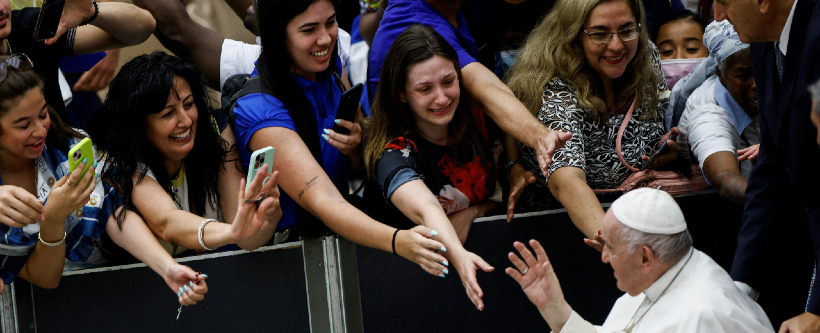
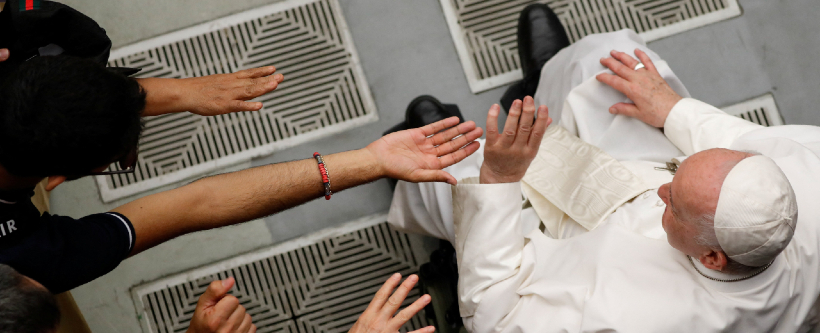
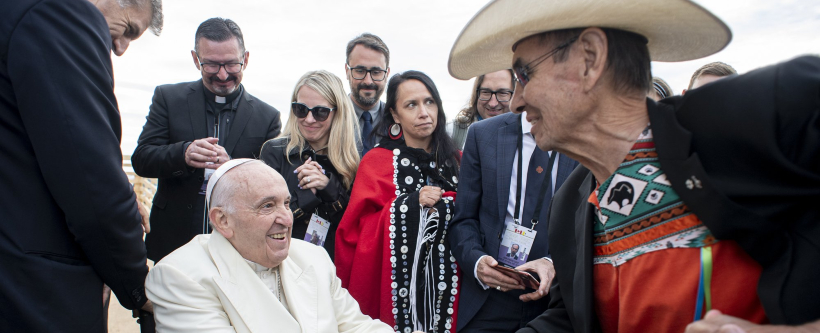
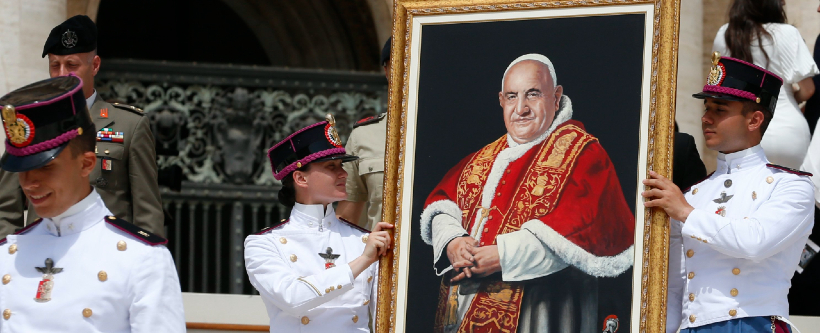
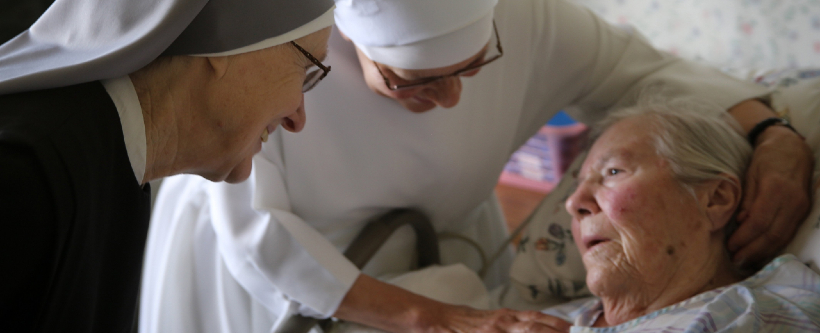
Facebook Comments